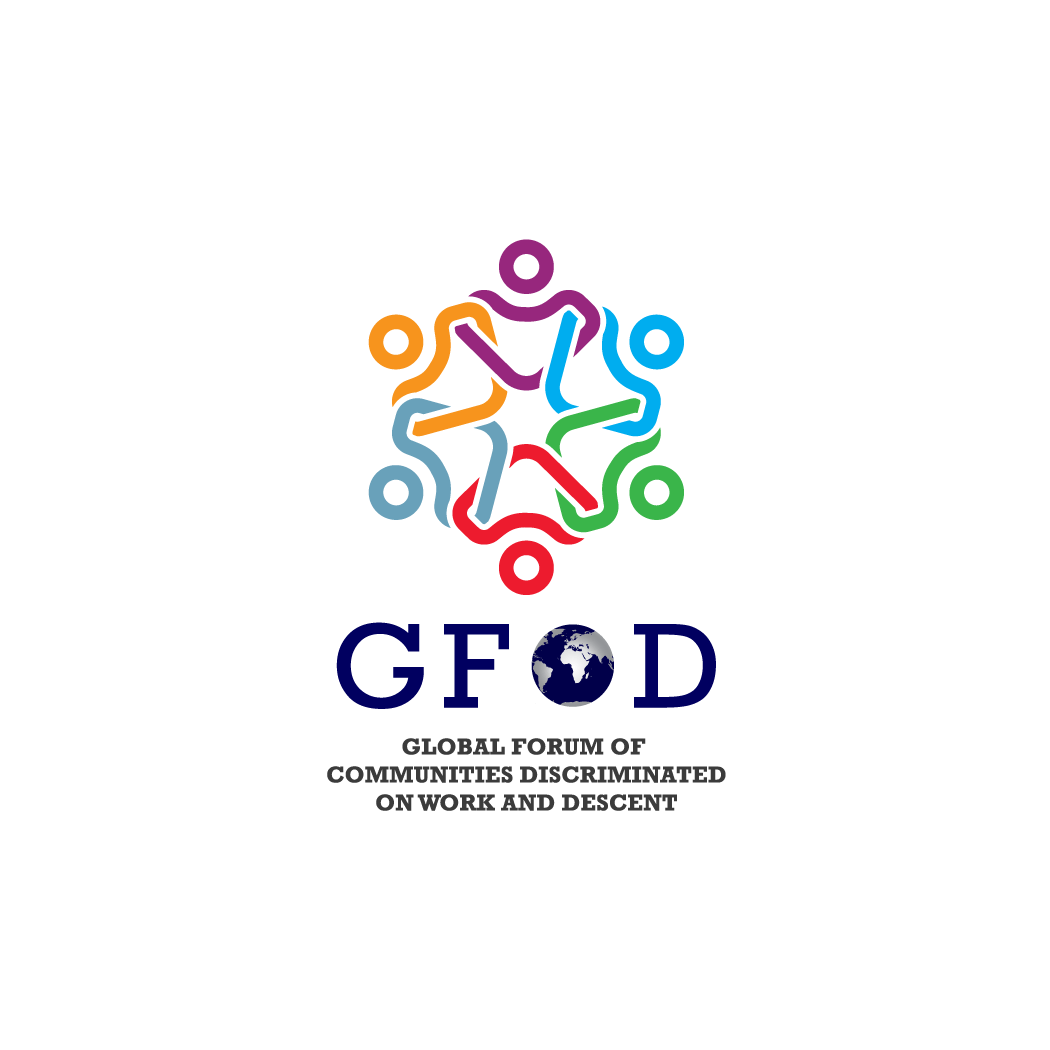Systemic Discrimination and Resilience: Roma Women’s Fight for Justice in Bulgaria
This report, The Case of Roma Women in Bulgaria, authored by Maria Atanasova and published by the Global Forum of Communities Discriminated on Work and Descent (GFoD), presents an in-depth analysis of the structural barriers Roma women face in accessing livelihood rights and entitlements.
It focuses on communities discriminated on work and descent (CDWD), such as the Roma in Bulgaria, who experience deep-rooted discrimination based on ethnicity, gender, and socio-economic status.
Roma women in Bulgaria encounter compounded exclusion across five key areas: education, employment, housing, healthcare, and access to justice. These exclusions are sustained by cultural prejudice, poverty, inadequate policy implementation, and systemic neglect.
In education, Roma girls face high dropout rates, early marriage pressures, and segregation. Although educational attainment has improved slightly—2.6% of Roma now attain university education (up from 0.4% in 2011)—segregation and underfunded desegregation programs remain critical concerns. In areas like Sliven, child marriage is still prevalent, and school attendance remains low. Localised and community-based interventions are vital to addressing these disparities.
The employment scenario reveals high levels of informal, insecure, and underpaid work. Unemployment among Roma women is alarmingly high, with nearly 70% of young women (aged 15–29) neither in education, employment, nor training (NEET). They are often pushed into informal sectors like waste collection or domestic work, and face discrimination in access to training and stable employment. Barriers such as inflexible training requirements, childcare gaps, and exclusion from benefits intensify their vulnerability.
Housing rights are gravely violated. Roma women often live in informal settlements lacking access to water, electricity, and sanitation. Forced evictions—especially during the COVID-19 pandemic—left many homeless and without state support. A 2014 law banning illegal buildings from being connected to public utilities prevents Roma families from legalising homes or accessing basic services. Roma women bear the brunt of this instability due to their household responsibilities and limited legal recourse.
Healthcare access is severely restricted. Romani women face systemic discrimination in hospitals, including segregation in maternity wards and denial of services. Many lack health insurance or legal identification documents, blocking access to even basic care. Environmental degradation in Roma neighbourhoods—exacerbated by climate change—adds further health risks. Though the Bulgarian government has deployed health mediators, the interventions are insufficient to overcome entrenched structural racism.
Access to justice is limited by poverty, illiteracy, digital exclusion, and mistrust in institutions. Roma women often lack legal documents, are unaware of their rights, or cannot navigate complex complaint procedures. Violence, including child marriage and trafficking, remains prevalent, and hate speech from extremist political groups is on the rise. Though Bulgaria has some protective laws, their implementation remains weak.
Despite these challenges, the report also highlights Roma women's resilience. Civil society organisations, such as Amalipe and TSA, are empowering Roma women through education, leadership programs, legal aid, and community engagement. Their efforts underscore the importance of inclusive, community-led solutions.
The report concludes with concrete recommendations: enforce anti-discrimination laws, improve access to legal aid and housing, invest in inclusive education, and ensure Roma women's representation in decision-making. Addressing these structural inequalities is essential for building an equitable Bulgaria where Roma women can live with dignity and justice.
Also Read: Persistent Exclusion: Roma Women's Struggle for Equality in North Macedonia


